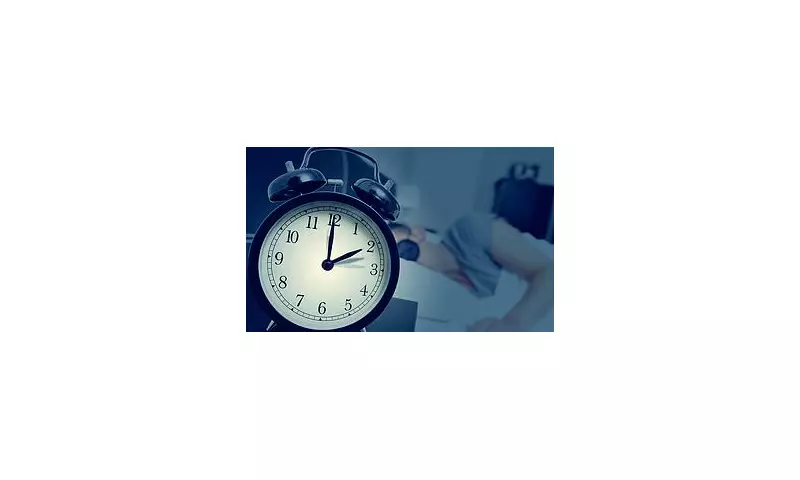
As the clocks prepare to fall back this weekend, millions of Britons are looking forward to an extra hour in bed. But medical experts are sounding the alarm about a hidden health crisis that could be far more serious than anyone realised.
The Dark Side of Your Extra Hour
While that additional sixty minutes of sleep might seem like a welcome gift, researchers have uncovered disturbing evidence that the autumn time change poses significant risks to our physical and mental wellbeing. The disruption to our circadian rhythms - our body's internal clock - can trigger a cascade of health problems that last far longer than the initial adjustment period.
Cardiovascular Crisis in the Making
One of the most alarming findings concerns heart health. Studies have shown a sharp increase in heart attacks and strokes in the days following the clock change. The sudden shift disrupts sleep patterns and puts additional stress on the cardiovascular system, particularly affecting those already at risk.
"Our bodies aren't designed for these artificial time shifts," explains Dr. Sarah Jenkins, a sleep specialist at the Royal College of Physicians. "The disruption to our circadian rhythm can increase blood pressure, inflammation, and stress hormones - creating a perfect storm for cardiovascular events."
Mental Health Toll
The impact extends beyond physical health. The earlier darkness and reduced daylight exposure can trigger or worsen seasonal affective disorder (SAD) and depression. The combination of disrupted sleep and less sunlight creates a double whammy for mental wellbeing.
Who's Most at Risk?
- Shift workers already struggling with irregular sleep patterns
- People with existing heart conditions or high blood pressure
- Those with mental health conditions like depression or anxiety
- Elderly individuals whose sleep patterns are more fragile
- Parents of young children whose routines will be disrupted
Protecting Yourself Through the Transition
Fortunately, there are practical steps you can take to minimise the health impact:
- Gradual adjustment - Start shifting your bedtime by 15-minute increments several days before the change
- Maximise morning light exposure - Get outside in the morning hours to help reset your internal clock
- Maintain consistent sleep schedules - Even on weekends, stick to regular bedtimes and wake times
- Limit caffeine and alcohol - Both can interfere with quality sleep during this sensitive period
- Create a relaxing bedtime routine - Help your body wind down with calming activities before sleep
The Bigger Question: Is It Time to Stop the Madness?
With growing evidence of health risks and minimal energy savings in the modern era, many are questioning whether the biannual clock change still serves any purpose. Several European countries have already voted to abolish the practice, and the debate is gaining momentum in the UK.
"The health evidence is becoming impossible to ignore," says Dr. Jenkins. "We need to seriously consider whether this tradition is worth the very real health consequences it creates twice every year."
As you enjoy that extra hour this weekend, remember that your body may need more time to adjust than you think. Listen to the signals, take precautions, and perhaps join the conversation about whether this century-old practice has outlived its usefulness.





